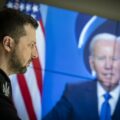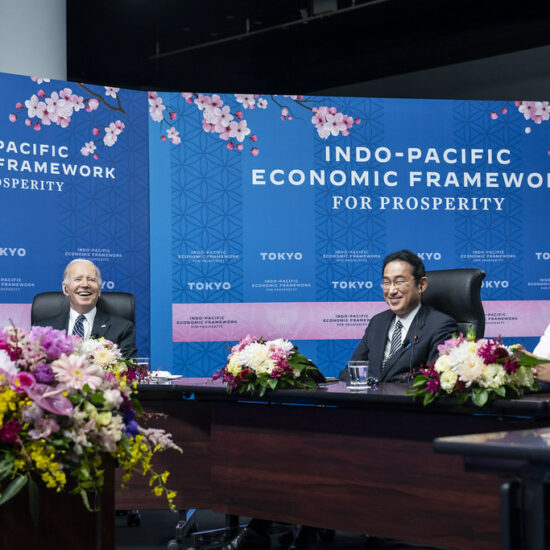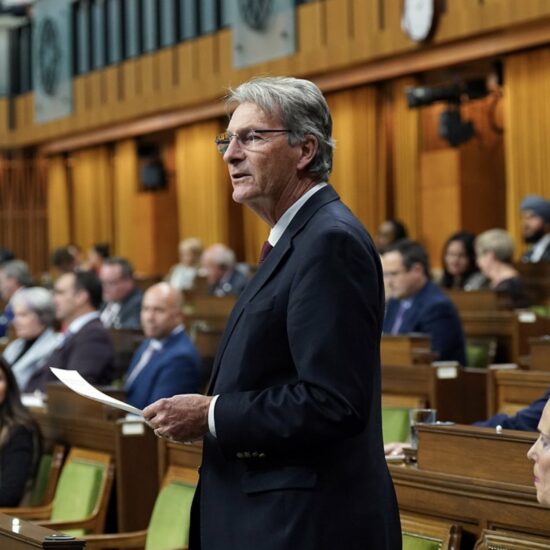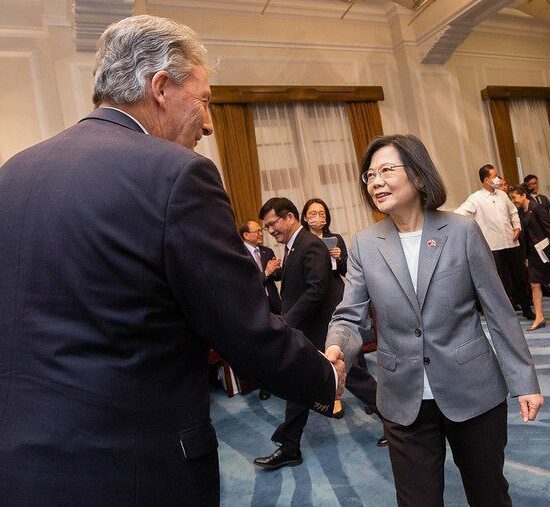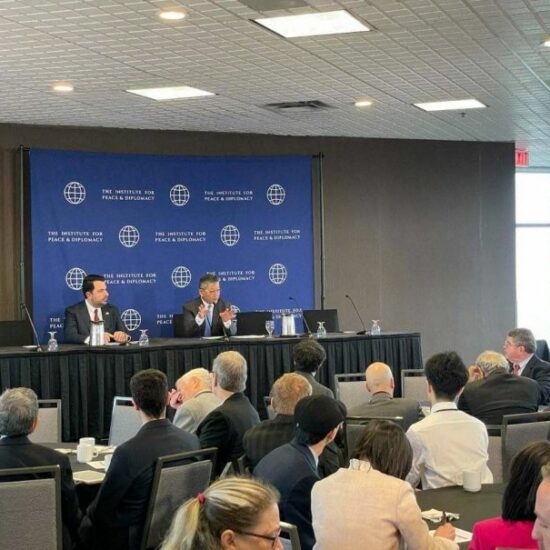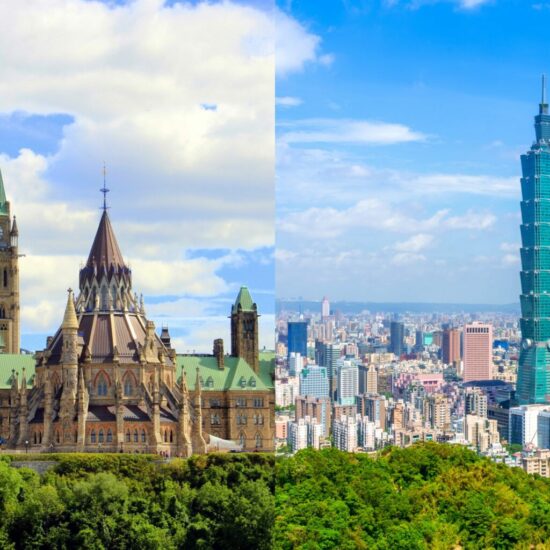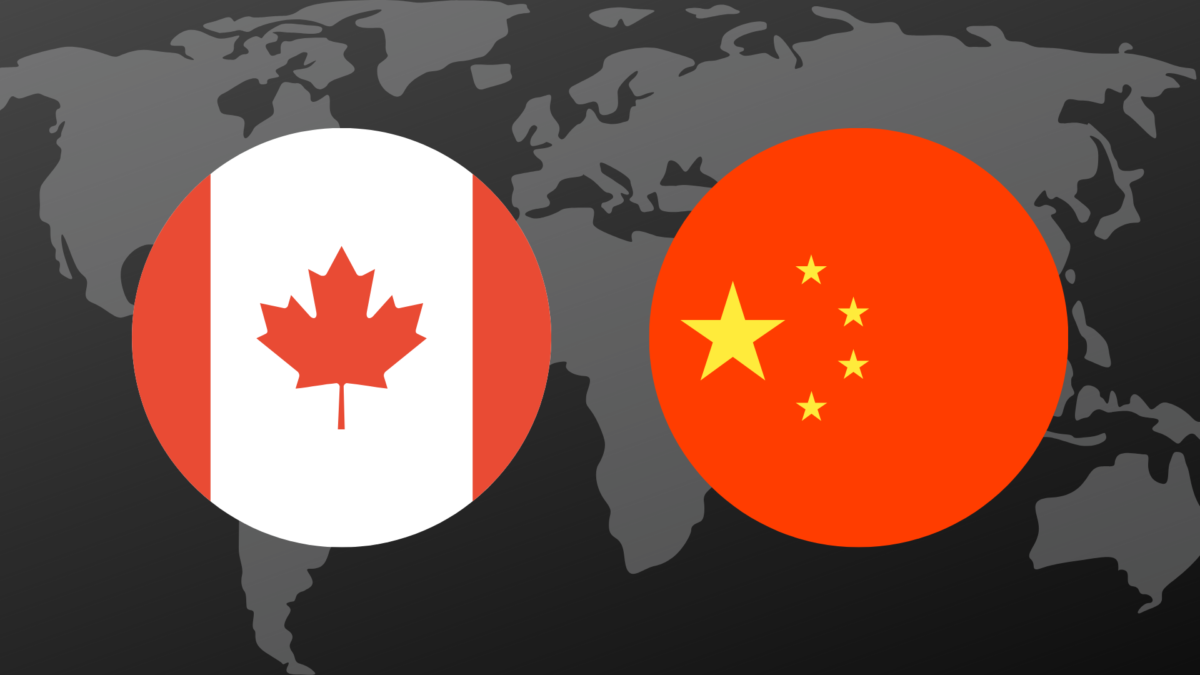
Amid this crisis, we must not forget our strategic foresight. From a broader perspective, the emerging multipolar global order demands a renewed Canadian middle-power doctrine that relies less on the US economy.
By Pouyan Kimiayjan
In February, China’s top leadership acknowledged “shortcomings and deficiencies” in the government’s response to COVID-19. Unregulated wildlife markets, the likely source of the coronavirus, were allowed to operate, and the Chinese government reportedly suppressed independent reporting of the crisis and responded slowly in alerting Wuhan citizens of the virus’ spread. China was unable to contain COVID-19 within the country’s borders, sparking a global pandemic that has paralyzed the world economy. Here in Canada, the unemployment rate has reached 13 percent, with the International Monetary Fund (IMF) projecting a 6.2 percent drop in Canada’s 2020 GDP growth. Consequently, Canadians are demanding tougher rhetoric on China.
In response to China’s questionable response to COVID-19, the Trump administration has pursued a hawkish policy towards China, partly due to the 2020 election and the ongoing competition with a rising global power. In Canada, in a sympathetic tone with Washington, Conservative leader Andrew Scheer has criticized the Trudeau government for “appeasing” the People’s Republic of China (PRC) and has urged a tougher response on China. Among a number of suggestions, Mr. Scheer has called for an immediate end to the federal government’s funding for the China-led Asian Infrastructure Investment Bank.
Undoubtedly, Canada needs to join the international community in demanding transparency from China. However, we must employ an even-handed approach that considers Canada’s vital strategic economic and security interests and avoid becoming collateral damage amid the emerging cold war between China and the United States. Let’s not forget that the United States’ request to arrest and extradite Huawei executive Meng Wanzhou prompted the detention of Canadians Michael Kovrig and Michael Spavor. While the arrest was praised by Washington, US officials failed to help Canada secure the release of Canadian citizens, with Kovrig and Spavor still unjustly languishing in Chinese prisons. The recent ruling on Meng Wanzhou’s case has worsened tensions, with China’s state TV lashing out against Canada. In a recent panel discussion hosted by the Institute for Peace and Diplomacy, former Canadian ambassador to China Guy Saint-Jacques was pessimistic on the prospect of any diplomatic breakthrough with respect to the case of the two Michaels. Saint-Jacques stated that Canada has little leverage to change China’s behavior, with Kovrig and Spavor to be held in China as long as Meng Wanzhou stays in Vancouver.
Amid this crisis, we must not forget our strategic foresight. From a broader perspective, the emerging multipolar global order demands a renewed Canadian middle-power doctrine that relies less on the US economy. Washington’s decision to halt 3M’s export of N95 masks to Canada raised serious questions about the long-term sustainability of US-Canada relations, particularly given the possibility of another four years of the Trump presidency. While preserving Canada’s traditional relationship with its only neighbor is imperative, overdependence can do more harm than good.
In this light, Ottawa has an essential interest in preserving its ties with Beijing. We are currently importing critical medical equipment from China and are engaged in a joint effort to produce a vaccine for the treatment of COVID-19. Additionally, China is expected to make a quicker recovery from COVID-19. This is an opportunity for Canada to increase bilateral trade, as the economic ramifications of the coronavirus coupled with low oil prices are hurting our economy. Increasing bilateral trade also strengthens our negotiating position and builds trust, critical for a sustainable long-term relationship. This is why the Trudeau government has so far been careful in its statements on China’s response to the pandemic, recognizing the priority of helping Canadians first in this complicated period. Against this background, instead of escalating tensions with the PRC and running the risk of implicating our national security, Canada can take a two-track policy: to diversify Canadian trade as well as to increase our financial contributions to international organizations, where China is competing for influence.
Looking at Canada’s top three trading partners, the United States stands at US$336.8 billion, accounting for 75.4 percent of all Canadian exports, with China and the United Kingdom accounting for a total 7.2 percent. This staggering overdependence compelled the Trudeau government to sign the Canada-European Union Comprehensive Economic and Trade Agreement (CETA) in 2016. This free trade deal allowed 98 percent of all tariffs between the two parties to become duty-free. Businesses are benefiting vis-à-vis increased trade and consumers pay less taxes on imported goods. Canada has also considered similar trading arrangements with its Asian counterparts. In 2018, Canada signed the Comprehensive and Progressive Agreement for Trans-Pacific Partnership (CPTPP), a free trade agreement with ten major countries in the Asia-Pacific region: New Zealand, Peru, Vietnam, Singapore, Japan, Malaysia, Mexico, Chile, Brunei, and Australia. These agreements are critical for securing Canada’s supply chain in the post-pandemic world, lessening our dependence on US imports and increasing our economic leverage over China. While a free trade agreement with China is under consideration and can help Canada further diversify its export market, Ottawa must prioritize implementing its agreements with its European and Asian counterparts prior to advancing trade talks with Beijing.
In parallel, the United States’ withdrawal from the World Health Organization (WHO) demands Canada and its allies to help fill the budget vacuum, as China has pledged to increase its contribution to the organization. In its latest contribution, China has announced a $30 million grant to the WHO. Amid this global pandemic, expert-led international bodies need to be transparent and independent from irregular interference of powerful member-states. There have been serious criticisms over the WHO’s response to the pandemic and its relationship with the Chinese government. The US withdrawal only further erodes the organization’s autonomy.
This nuanced approach can help Canada build leverage while preventing further tensions with the PRC. Joining the Trump administration’s cold war only emboldens the hardliners in Beijing and compromises our citizens’ well-being and economic prosperity. Canada must avoid getting drifted into political hysteria and utilize the rules-based order to hold China accountable, as expanding our export market remains paramount in the long-term.

